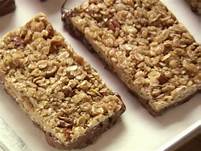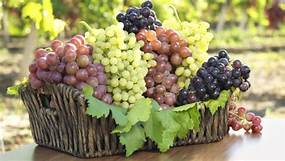Importance of well balance diet
All food contains all of the nutrients we need to be healthy, it is necessary to eat various foods in sufficient amounts. A good diet will include many different foods, and sufficient in quantity and quality to meet an individual’s need for food energy and other micro nutrients.
BRUSSELS SPROUTS
Typical serving size:
½ cup, cooked (78 g)HOW THEY HARM
WHAT THEY HEAL
BRUSSELS SPROUTS FACTS
Nor are they baby cabbages
They are available all year round, but their peak growing season is autumn through early spring
Brussels sprouts look like miniature heads of cabbage
They are similar to cabbage in taste, but they are slightly milder in flavor and denser in texture
Brussels sprouts and cabbage are members of the cruciferous vegetable family
These vegetables are an excellent source of vitamin C
Health Benefits
Fights cancerBrussels sprouts contain antioxidants that detoxify cancer-causing free radicals
Studies link higher consumption of cruciferous vegetables with a lower incidence of several types of cancer
Combats heart disease
Just ½ cup (78 g) of brussels sprouts provides 80% of the vitamin C you need each day and a good amount of vitamin A, both of which help fight heart disease
Lowers blood pressure
The potassium in brussels sprouts helps to lower blood pressure
Reduce risk of birth defects
The folate in brussels sprouts may help prevent birth defects, specifically neural tube defects
Aids digestive health
Fiber is well known for helping to maintain a healthy digestive tract and brussels sprouts are a good source of this nutrient
Staves off cataracts
Vitamins A and C in brussel sprouts help ward off cataracts, which can cause blurry vision
Helps with weight loss
The fiber in brussel sprouts helps you feel fuller longer so you eat less
Health Risk
GasBrussels sprouts contain a fair amount of fiber, which can cause gas and bloating
Allergies
Buying Tips
If they are kept at room temperature, their leaves will turn yellow quickly
Yellow or wilted leaves are signs of age or mishandling




